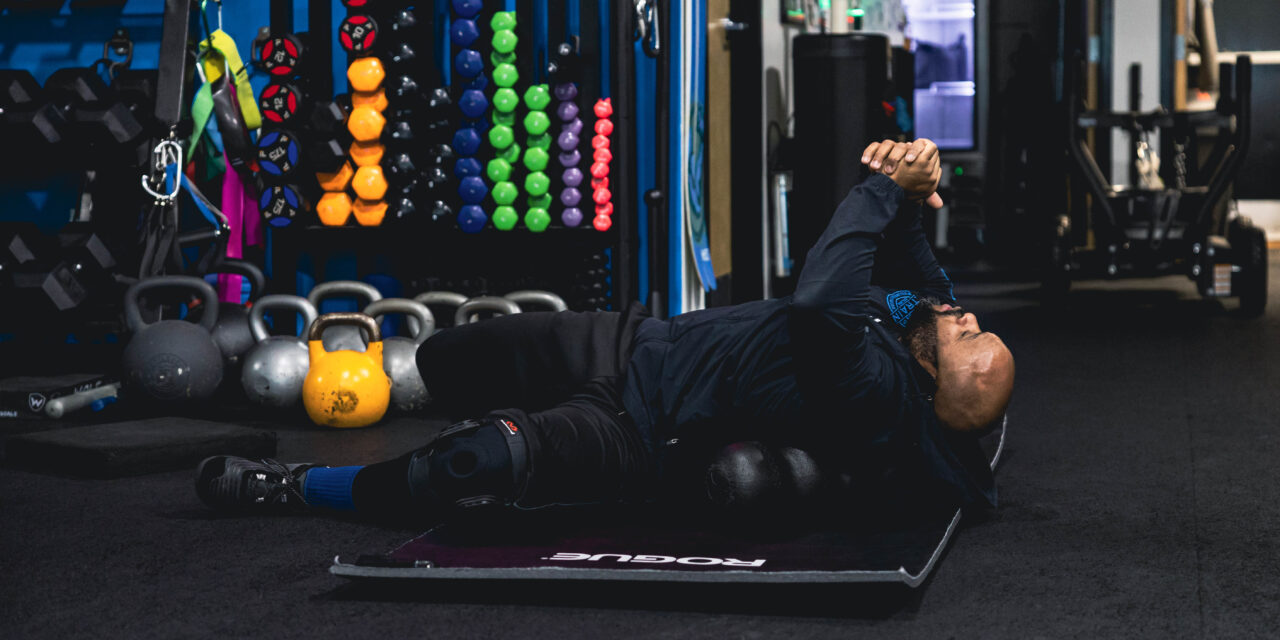Sleep plays a crucial role in the body’s overall functioning and recovery, including its impact on gym workouts and progress. Here are a few reasons why sleep can affect your gym workouts and progress:
- Energy levels: A good night’s sleep helps replenish your energy levels, ensuring you have the stamina and strength needed for an effective workout. Sleep deprivation can lead to fatigue, decreased alertness, and reduced physical performance, making it harder to push yourself during workouts.
- Muscle recovery: Sleep is essential for muscle recovery and repair. During sleep, the body releases growth hormone, which promotes tissue growth and repair, including repairing the damage caused by intense workouts. Insufficient sleep can hinder this process, leading to slower recovery times and potentially limiting muscle growth and strength gains.
- Hormonal balance: Sleep plays a role in maintaining proper hormonal balance, including hormones like cortisol, testosterone, and growth hormone, which are important for muscle development. Inadequate sleep can disrupt these hormone levels, potentially affecting muscle growth, recovery, and overall progress.
- Cognitive function: Sleep deprivation can impair cognitive function, including focus, attention, and coordination. These cognitive abilities are crucial for maintaining proper form, technique, and safety during workouts. Impaired cognitive function due to lack of sleep can increase the risk of injuries and decrease the effectiveness of your workouts.
- Appetite and nutrition: Sleep deprivation can disrupt the balance of hormones involved in appetite regulation, leading to an increase in hunger and cravings, particularly for unhealthy foods. Poor sleep can also affect your ability to make healthy food choices and stick to a balanced diet, which can impact your overall progress in the gym.
It’s important to prioritize sleep as part of your fitness routine. Aim for 7-9 hours of quality sleep each night to support your gym workouts, muscle recovery, and overall progress.

